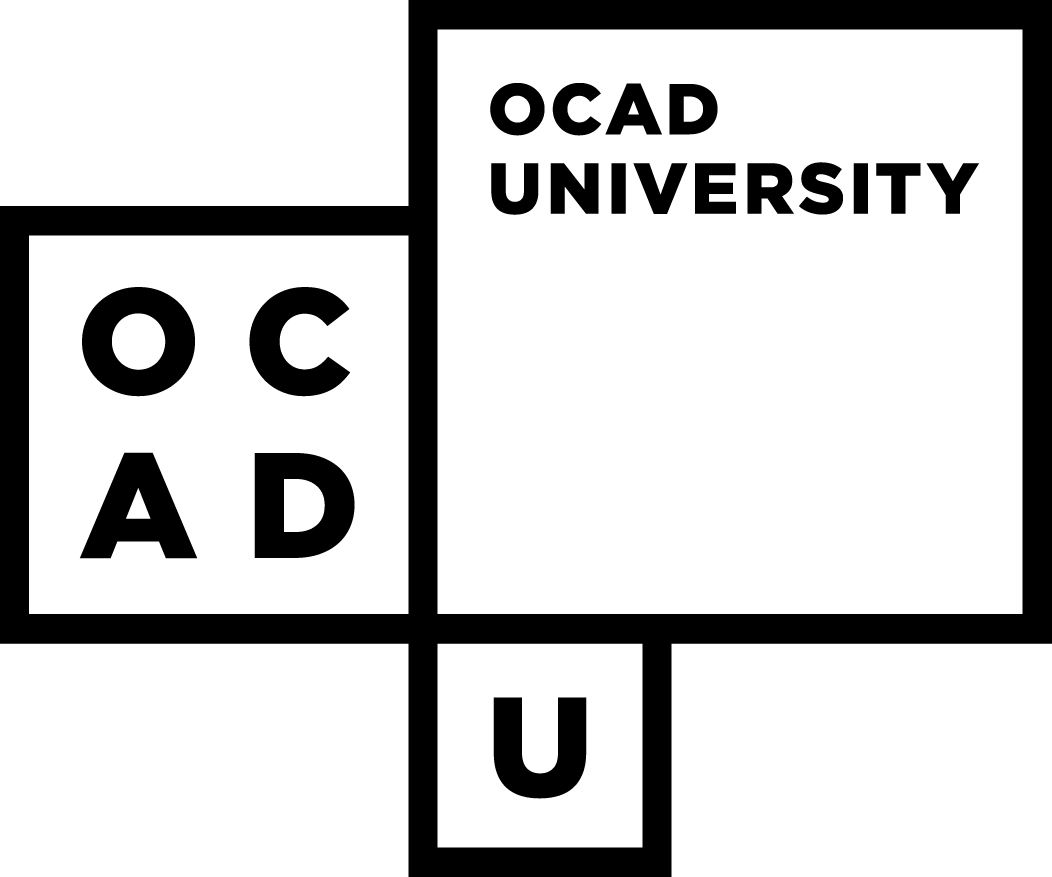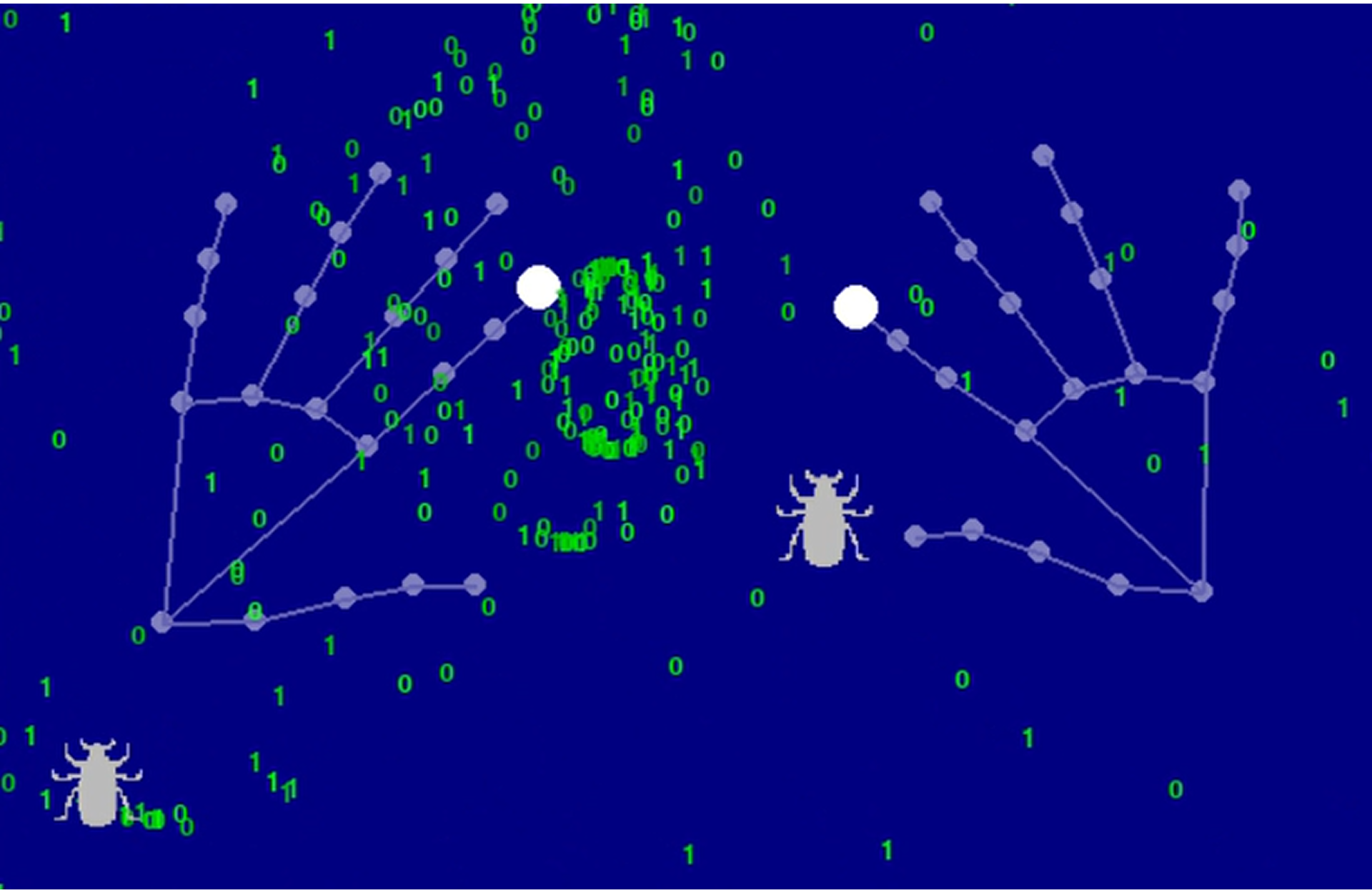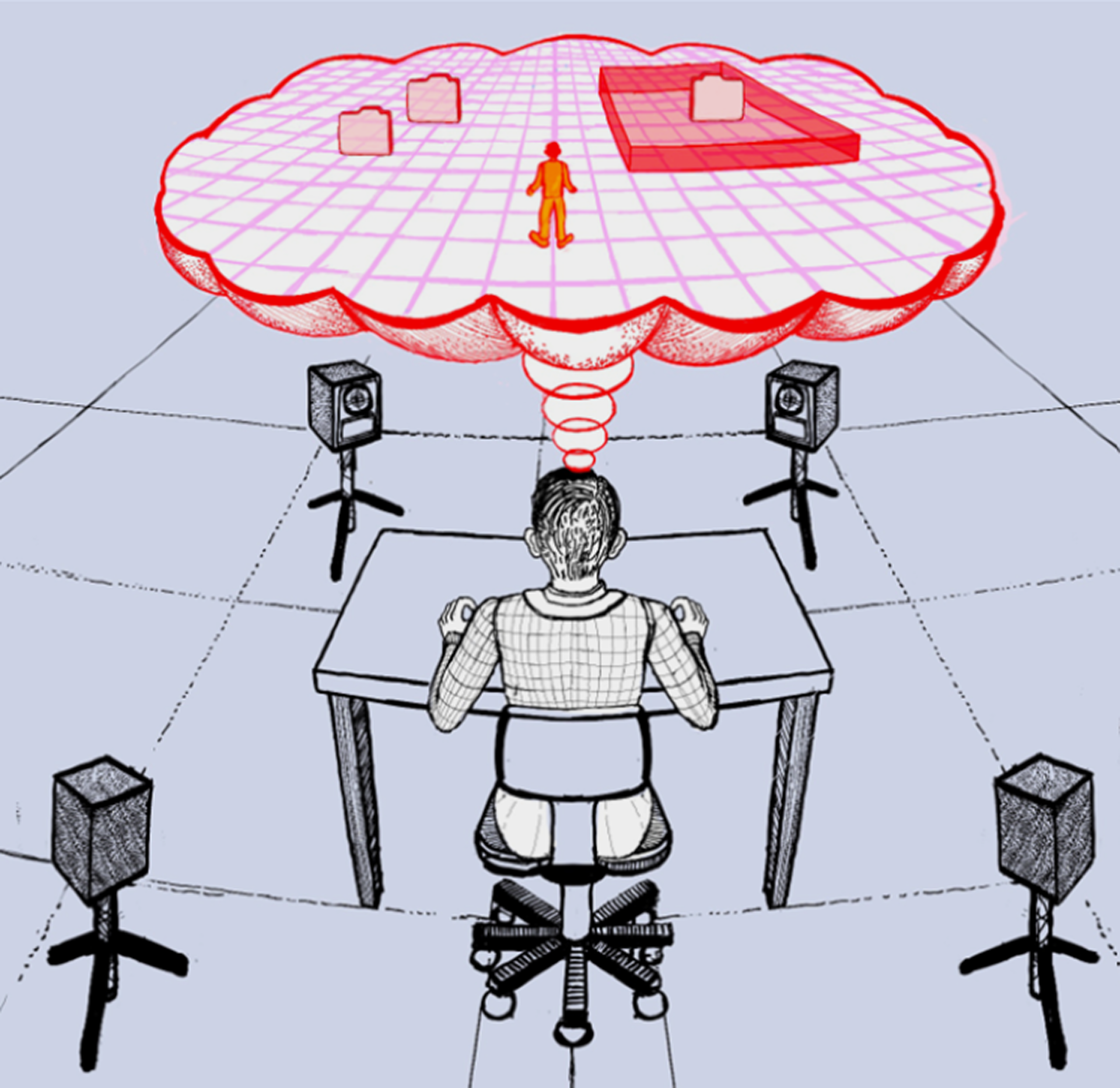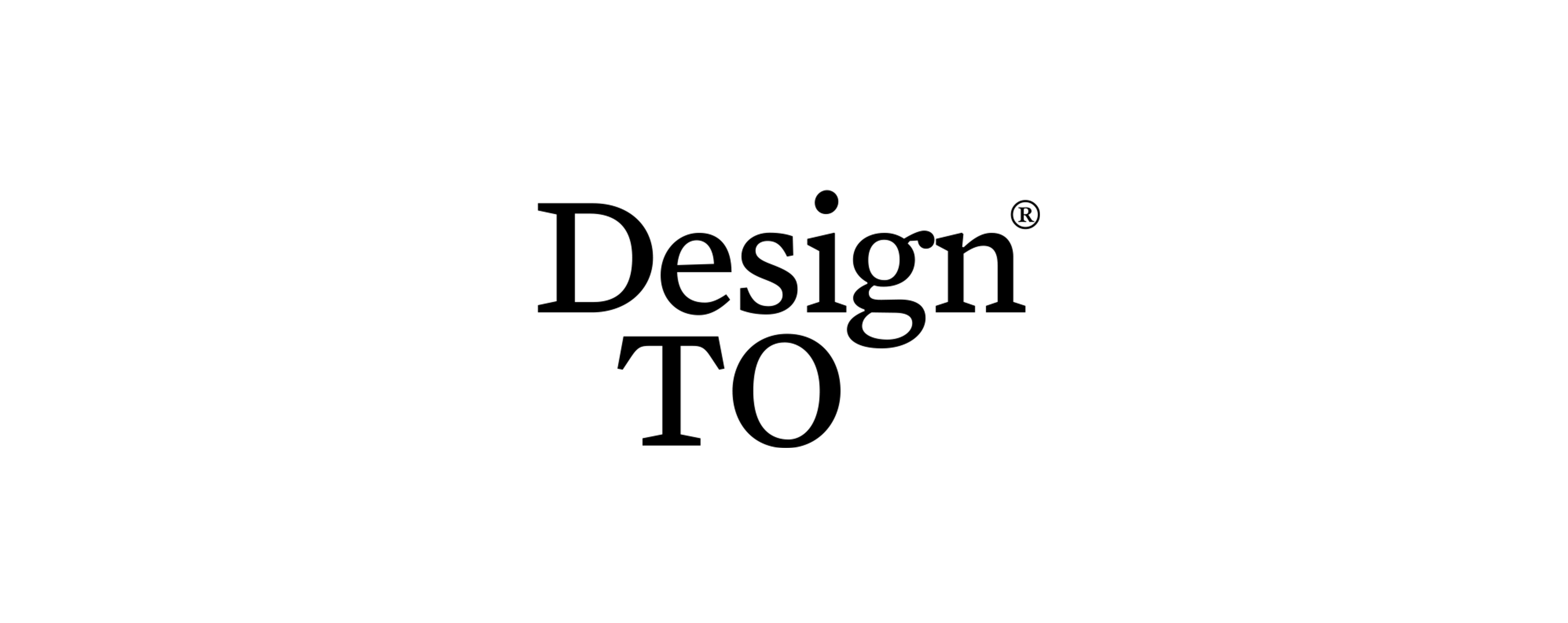This workshop aims to help members of the public learn about the speculative design process and ideate about what an ideal Artificial Intelligence (AI) future might look like. Participants will develop brainstorming and low fidelity prototyping skills (storyboarding, paper prototyping etc). Participants will also have opportunities to develop computational thinking and experiment with electronic prototyping to build their own inventions with support from OCAD University researchers and student volunteers.
The workshop team believes that experimenting with technology should be accessible to a wide variety of people and that more people must be involved in the design of modern technology so that it may better serve society. This is especially crucial in the developing era of AI integration with everyday products and services. The workshop will demonstrate a number of recently designed prototypes that feature different speculative forms of interfaces and interactions, including AI-based tools and games. Additionally, interactive discussions will be held to speculate on the roles such products and services might have in the spheres of education, health and wellness, gaming, policymaking and more.
These demonstrations and discussions will spark participants’ imaginations of different possibilities for the future of technology, how it might integrate with their everyday lives and transform or augment peoples’ goals and intentions in using technology. Further, they will learn to bring their ideas to life with the help of volunteers and workshop facilitators through collaborative prototyping and acting out scenarios. Our lab consists of designers and engineers that also work with persons with disabilities (e.g. through collaborations with disability organizations) to design better and more accessible products. Diverse participants of all ages are encouraged to attend.
Participants
David Barter, Dr. Peter Coppin, Aileen Dong, Amin Forootan, Zainab Husain, Hana Kidwai, Saraf Raidah, Senthurri ThiruchenthooranAcknowledgements

Accessibility
Who should visitors contact with questions regarding accessibility?
For projects with printed information, will it be available in large-format and/or Braille?
Is this venue accessible by wheelchair or similar mobility devices? This includes access to washrooms and all aspects of programming/events.
Can people get to the venue using accessible transit?





